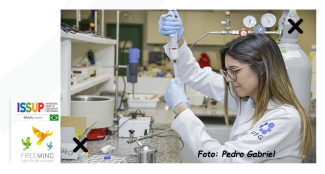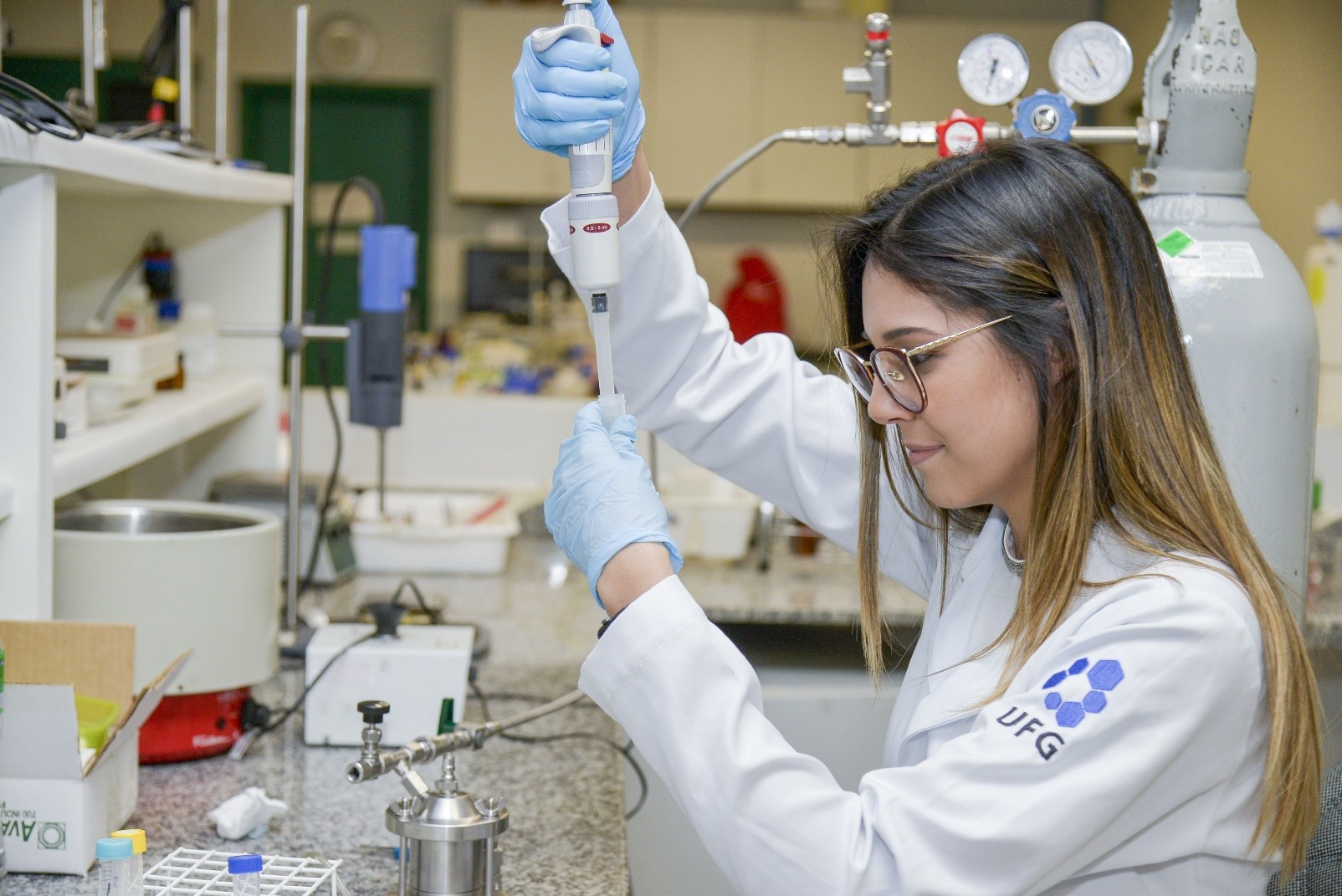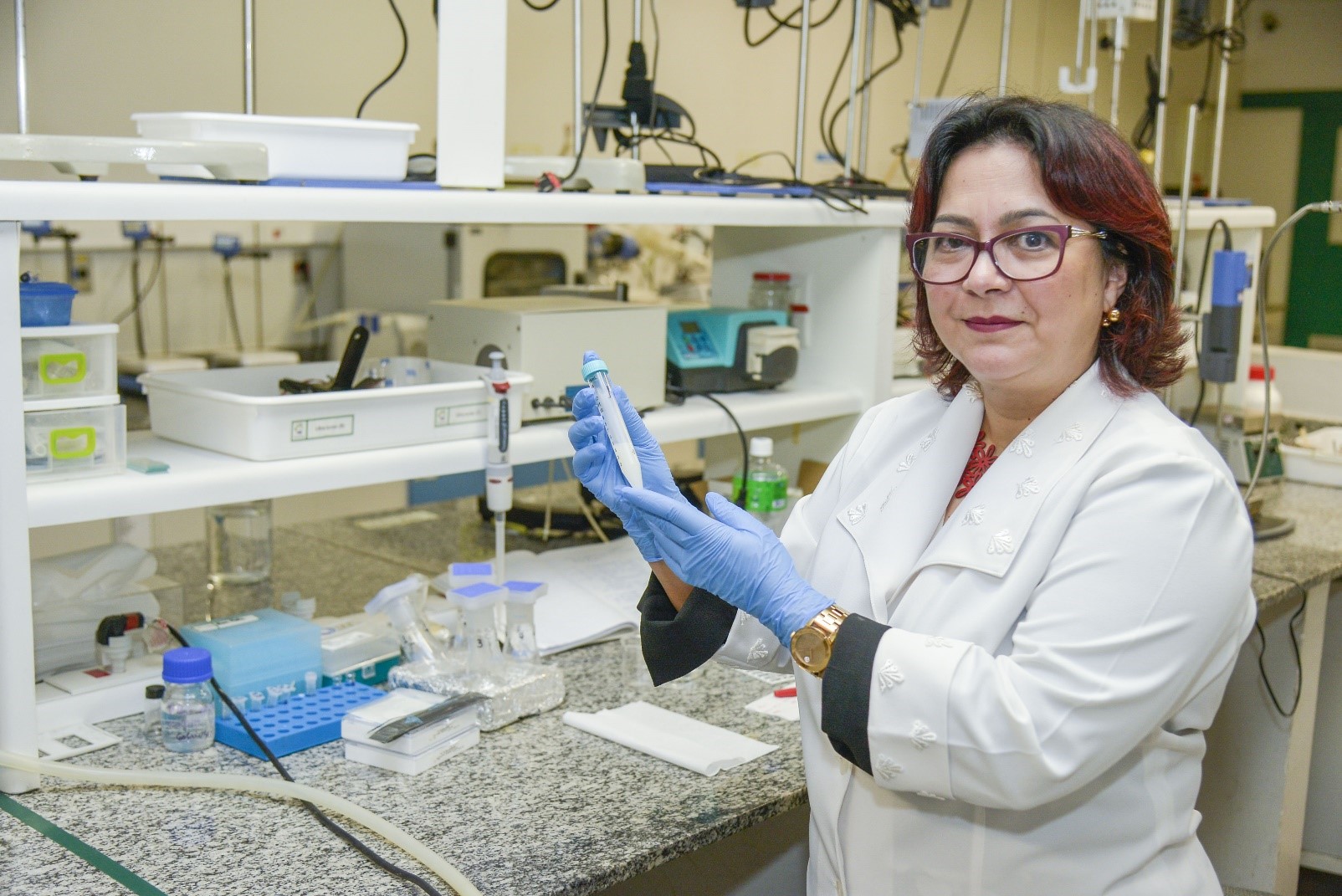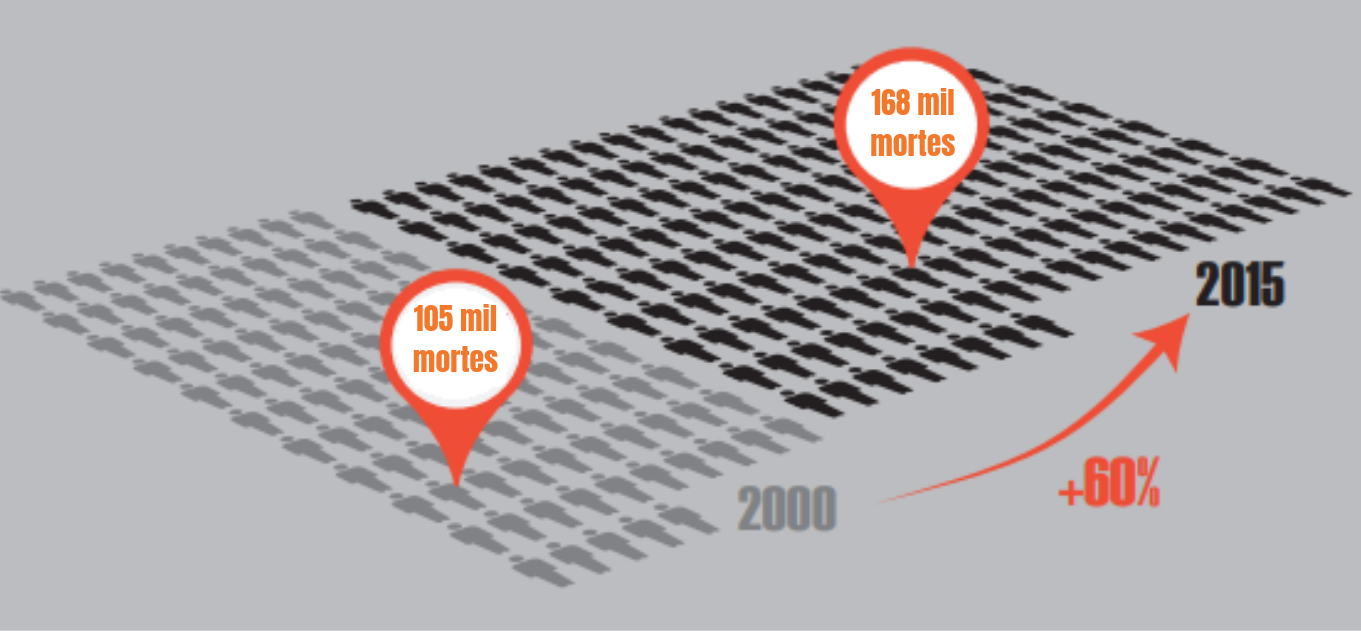UGFG researchers develop particle that reverses cocaine overdose

Research carried out at the Federal University of Goiás (UFG) – Brazil has developed a particle capable of capturing cocaine circulating in the blood of a living organism. The formulation proved to be efficient even in lethal doses of the drug, which means that it can reverse an overdose that would lead to death. It is the first time that a particle produced from nanotechnology has been used for this purpose.
The work was developed in the Graduate Program in Pharmaceutical Sciences at UFG by researcher Sarah Rodrigues Fernandes, under the guidance of Professor Eliana Martins Lima. They explain that the tests carried out in the laboratory indicated a capacity of about 70% to capture cocaine from the body of guinea pigs, quickly reversing the typical symptoms of an overdose, such as high blood pressure, which would lead to death from heart failure. "Blood pressure and heart rate begin to return to normal about two minutes after the administration of the nanoparticle we developed," Sarah details.

The research, carried out with laboratory animals, opens up perspectives for application in humans. "From a detailed experimental design, we arrived at an ideal particle with proven results," says the researcher. With the possibility of application for other types of drugs, they assess that, in the future, the formulation can serve as a platform for detoxification.
The formulation was also compared with the product that is currently used in cases of poisoning, having shown surprisingly superior results. "We have developed a rescue therapy, fast, extremely effective and unprecedented in the world literature", points out Professor Eliana. The work was carried out with the support of the Goiás State Research Support Foundation (Fapeg).

Nanotechnology
Nanotechnology is an area of science that studies and develops extremely small structures and materials (1 nanometer is 1 million times smaller than a millimeter). Nanometric particles, obtained from lipids and polymers, have been used to encapsulate and transport substances for various purposes. "Our research seeks to develop drugs with greater efficacy and fewer side effects. With the nanoparticles, we were able to increase the amount of the therapeutic substance that reaches the target or prevent this substance from reaching other tissues in which it could cause adverse effects", exemplifies Professor Eliana.
In the case of the research developed at UFG, another particularity of the nanoparticles was used: the ability to attract substances that are dissolved around them. Eliana says that she delved into studies on this characteristic during the period in which she was a visiting professor at the Massachusetts Institute of Technology (MIT), in the United States. At the time, the nanometric particle was used for environmental applications, which earned it a publication in the journal Nature, one of the most important scientific journals in the world.
"Back in Brazil, we decided to take an even bigger step: to use this capacity in cases of intoxication by drugs of abuse, which is a territory that is still little explored. We did all the work aimed at being able to save the individual from an acute overdose", clarifies the professor
Public health

Global cocaine production reached its highest level in 2016, at about 1,400 tons – a 25 percent increase from 2015. The data are from the World Drug Report, from the United Nations Office on Drugs and Crime. The survey also reveals that about 37% of drug-related deaths occur due to overdose.
"We are facing a social and public health problem that involves the abuse of drugs with a recreational function", observes Professor Eliana. In addition, these substances lead to a high level of tolerance, that is, the body begins to need increasingly higher doses for the same effects to be generated. "But for the toxic effect there is no tolerance, hence the risk of overdose."
Social impact was one of the objectives of the research. "We work precisely so that the results of this work can be applied in society", says Sarah. A pharmacist graduated from UFG and a participant in the Scientific Initiation Program at the undergraduate level, the researcher intends to continue her studies in her doctorate.
*Text by Luiz Felipe Fernandes
